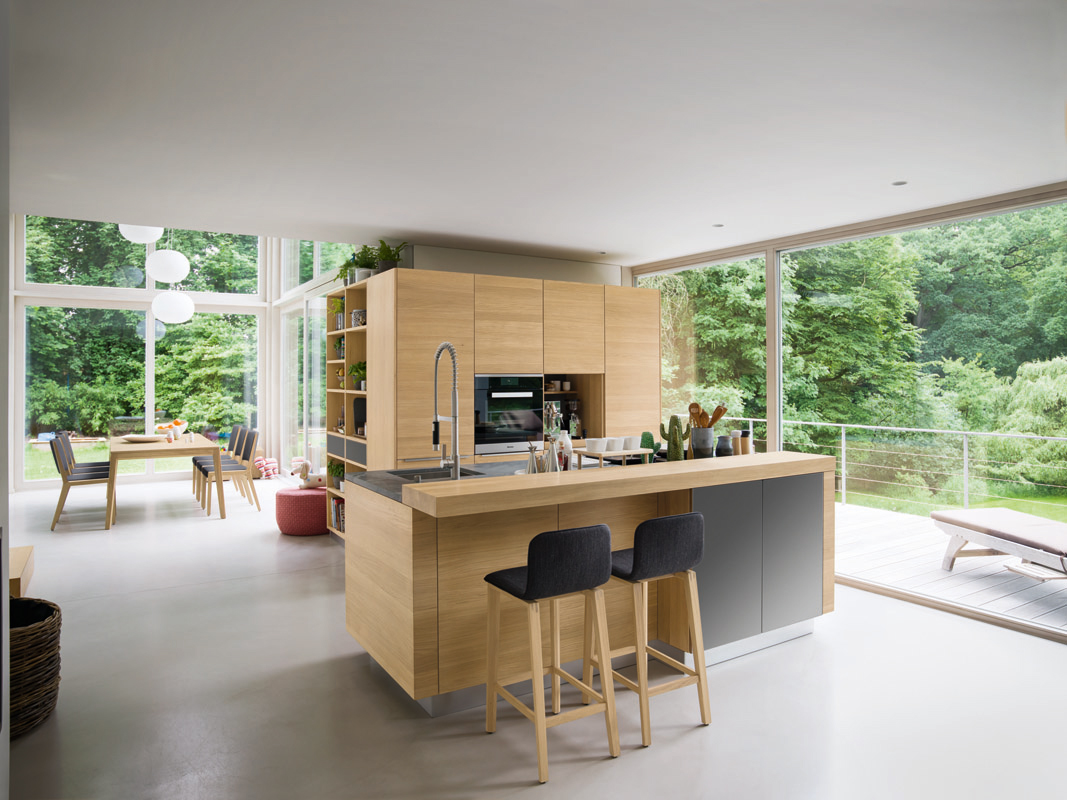
Custom Kitchen Cabinets for Global Projects: What You Need to Know
When it comes to designing kitchens for global projects, custom kitchen cabinets are often at the center of attention. Whether it's for residential, commercial, or luxury properties, custom cabinets offer unique flexibility, aesthetic appeal, and functionality. This article aims to delve into the essential factors to consider when selecting custom kitchen cabinets for international projects.
1. Understanding the Importance of Customization
Custom kitchen cabinets are tailored to meet the specific needs and preferences of the client, which sets them apart from standard, mass-produced options. The beauty of custom cabinets lies in their ability to be designed in any shape, size, material, and finish, enabling them to seamlessly fit into any kitchen layout or interior style. For global projects, this is especially critical, as each region may have distinct cultural preferences, kitchen layouts, and design trends.
2. Choosing Materials for Durability and Aesthetic Appeal
One of the most important considerations when creating custom kitchen cabinets is the material. For projects that span different countries and climates, choosing materials that are durable and can withstand varying conditions is essential. For instance, solid wood may offer a luxurious look and feel but may not be ideal for high-humidity environments like Southeast Asia. On the other hand, materials such as MDF (Medium-Density Fiberboard) and plywood are more versatile and durable across different climates, while offering a sleek and modern finish.
The aesthetic preferences of the region also play a role. European clients may prefer minimalistic designs with matte finishes, while Middle Eastern or African clients might lean towards ornate, intricate woodwork with glossy finishes. Therefore, understanding the cultural context and expectations of the target market is crucial in the material and design selection process.
3. Understanding Local Regulations and Standards
When working on global kitchen projects, it's essential to consider local regulations and standards. Different countries have different building codes, especially related to the use of materials, energy efficiency, fire safety, and health concerns. Ensuring that your custom kitchen cabinets meet these standards is vital to avoid delays, fines, and safety risks. For example, in the European Union, there are strict rules regarding formaldehyde emissions from wood-based products, which must be adhered to for compliance.
4. Efficient Design for Functionality and Storage
Efficiency is a key element in any kitchen design, especially in projects that cater to international clients. In densely populated urban areas like Tokyo or New York City, where kitchen space is often limited, the ability to create functional and space-saving storage solutions becomes vital. Custom cabinets can be designed to maximize vertical space, incorporate pull-out drawers, lazy Susans, or even pull-out shelves for pots and pans. Additionally, integrating smart technology like built-in lighting, automated drawers, or touchless controls can appeal to modern, tech-savvy clients.
5. Collaborating with Local Manufacturers and Installers
When working on a global scale, partnering with local manufacturers and installers is often the most efficient route. Not only does this reduce shipping costs, but it also ensures that the cabinets are produced to meet local preferences, regulations, and quality standards. For example, while European manufacturers may have expertise in sleek, modern designs, Asian manufacturers might excel in blending traditional craftsmanship with contemporary design. Collaborating with local professionals can help tailor the cabinets to fit both the functional needs and cultural expectations of the client.
6. Sustainability in Custom Cabinet Design
Sustainability is becoming increasingly important in global projects. From environmentally friendly materials to energy-efficient production processes, clients and designers alike are more focused on reducing their carbon footprint. Opting for sustainable materials like bamboo, reclaimed wood, or eco-friendly composites can greatly enhance the sustainability factor of the project. Additionally, customizing cabinets to improve energy efficiency—such as through built-in LED lighting or better insulation—can contribute to the overall environmental responsibility of the kitchen.
7. Budgeting and Timeframe Considerations
Custom kitchen cabinets come with a higher price tag compared to standard options, but they also offer far greater value in terms of quality, uniqueness, and personalization. For global projects, it’s important to set clear expectations regarding budget and delivery times. This can vary greatly depending on the complexity of the design, materials chosen, and shipping logistics. Establishing a timeline that accounts for manufacturing, shipping, and installation is essential to avoid project delays.
Conclusion
Custom kitchen cabinets play a pivotal role in global projects, offering a unique blend of functionality, aesthetics, and personalization. By considering factors such as material selection, local regulations, cultural preferences, and sustainability, designers can create kitchen spaces that meet the specific needs of their international clients. Through collaboration with local experts and understanding the nuances of global kitchen trends, custom cabinets can truly elevate the quality of any kitchen project, ensuring long-lasting satisfaction for homeowners and businesses alike.
Contact: kathy lao
Phone: WeChat/whatsspp:+86-15014649610
Tel: +86-757-28917002 +86-15014649610
Email: kc@stuya127.com
Add: shop B127,sunlink kitchen cabinet linghting city,shunde district,ghungdong province china